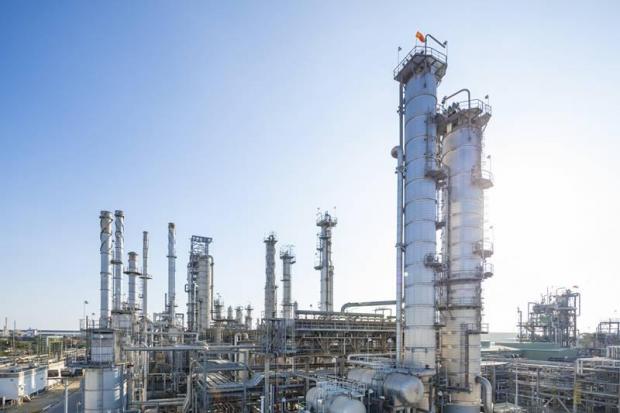PTT & MHI: ammonia energy in Thailand
By Geofrey Njovu on January 18, 2024

PTT Global Chemical (a subsidiary of Thai state-owned oil & gas company PTT) and Mitsubishi Heavy Industries have signed an MoU to jointly study the technologies required to develop a large-scale, carbon-neutral petrochemical complex in Thailand. The complex would be developed from PTT’s existing assets in Thailand (currently centred in Rayong, south of Bangkok) and powered by low-carbon hydrogen or ammonia-fuel.
The four year MoU has two major objectives. Firstly, the partners will conduct a feasibility study of using hydrogen and ammonia as fuels for gas turbines, and CCS technologies to reduce CO2 emissions from conventional power generation. Secondly, they will evaluate the potential of applying and optimising CCS to the Steam-Methane Reforming (SMR) process for hydrogen production.
In this project, MHI will be responsible for the carbon capture technologies, hydrogen combustion and ammonia gas turbines. The collaboration aligns with PTT’s “Together to Net Zero” strategy which aims to leverage partnerships to reduce GHG emissions by 20% by 2030 and to achieve net zero by 2050.
Low-carbon fuels such as hydrogen, ammonia and CCS technologies have great potential in reducing carbon emissions from existing energy infrastructure. MHI-AP is honoured to partner with GC to explore how we can utilise our technology and expertise to reduce carbon emissions from GC’s existing business assets and support the establishment of an economically viable large-scale carbon neutral petrochemical plant.
Osamu Ono, Managing Director of MHI Asia Pacific, in his organisation’s official press release, 1 December 2023
Separately, PTT has an existing partnership with ACWA Power for the development of renewable hydrogen and ammonia production facilities in Thailand for local consumption and export. The project aims to produce about 225,000 tonnes-per-year of renewable hydrogen (about 1.2 million tonnes of ammonia). The Thai government-owned company has also partnered with AET Tankers for the construction of ammonia-powered, dual-fuel Aframax vessels to be delivered between 2025-2026.